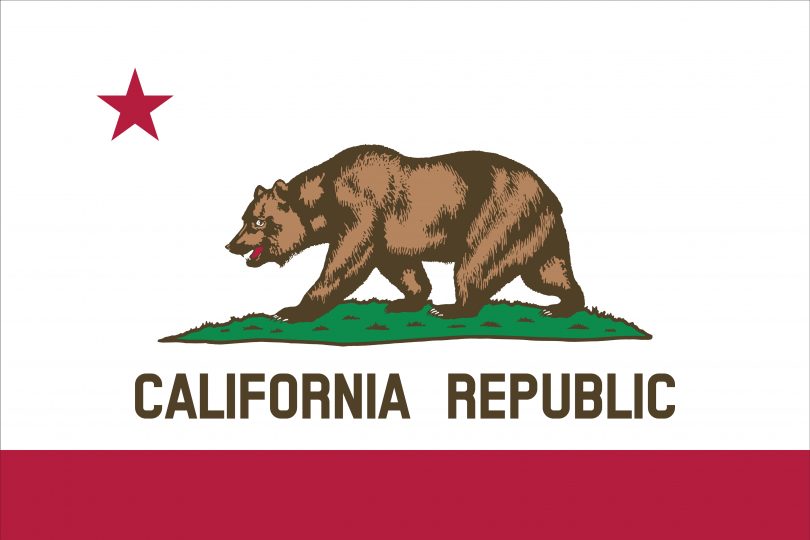Since 2019, cannabusiness owners in California have been in litigation over a lawsuit aimed to further restrict access to legal, recreational marijuana. Last week, a verdict was finally reached.
What initially seemed like a win for the cannabis industry eventually revealed the reality that these legal battles are likely far from over. In case you need a refresher, the initial lawsuit was brought on by 25 local city governments sued the California Bureau of Cannabis Control, arguing that “delivery policy violates state law by overriding their ability to regulate cannabis commerce at the local level.”
To learn more about cannabis, subscribe to the CBD Testers Weekly Newsletter
So basically, they’ve already banned dispensary storefronts within city limits, and now they want to ban delivery services as well. And this new ruling allows them to do just that, with two main takeaways to keep in mind.
- It upheld the state regulation that allows licensed marijuana delivery companies to offer services anywhere in the state.
- It affirmed that cities and counties can forbid those operations, though enforcement of the bans is also up to the local governments.
In other words, marijuana businesses and delivery operators could choose to continue delivering to cities that have bans against them, but they face the risk of expensive legal fights with those local governments. Or they could abide by the ban, but would immediately lose all of their income from that entire city.
“It’s not a loss, but it’s not a win for delivery,” said Zach Pitts, CEO of Los Angeles-based Ganja Goddess and a board member of the California Cannabis Couriers Association. “What I really don’t like is the possibility that we’re still going to have to litigate this,” Pitts said. “And in many ways, that’s putting the litigation onto small companies … with every single city and county that decides to ban delivery.”
Sacramento-based attorney Khurshid Khoja called the ruling a disaster, stating “I don’t see this as a victory at all,” Khoja said. “If this is a victory for anyone, it’s a victory for the cities.”
Marijuana industry attorney Dana Cisneros in Anaheim Hills called the decision “disappointing,” adding: “I think today a lot of folks are going to be confused. I’ve already seen headlines … that say deliveries can occur in any jurisdiction, even if a city bans it. It was a very hair-splitting decision that was made, where the court just said, ‘These are regulations designed to regulate licensees, not local jurisdictions, so there’s not a conflict.’”
Cisneros continued, saying that the “real-world” impact is the added hoops that cannabis operators need to jump through, when they’re already drowning compliance regulations as it is.
“It just adds another layer of insane compliance for our retailers to adhere to, because now, if you’re going to deliver in California, you better know what the specific local law is in every single city,” she added.
As of last month (November 2020) only 187 out of California’s 540 jurisdictions allow marijuana businesses to operate. An additional 42 California jurisdictions have banned store front dispensaries but allow business from outside of their boundaries to conduct delivery services.
It’s notoriously difficult to enforce such laws anyway, because city regulators would have to vet every single dispensary that opens, where there are many of. Not mention the fact that most are no longer advertising on Weedmaps or any one central marketing site, so it would be nearly impossible to know exactly how many dispensaries exist in a given area and what they are doing.
According to Pitts, it all boils down to one thing. “So it’s really going to come out to: How do these cities that have bans decide to enforce them?”







